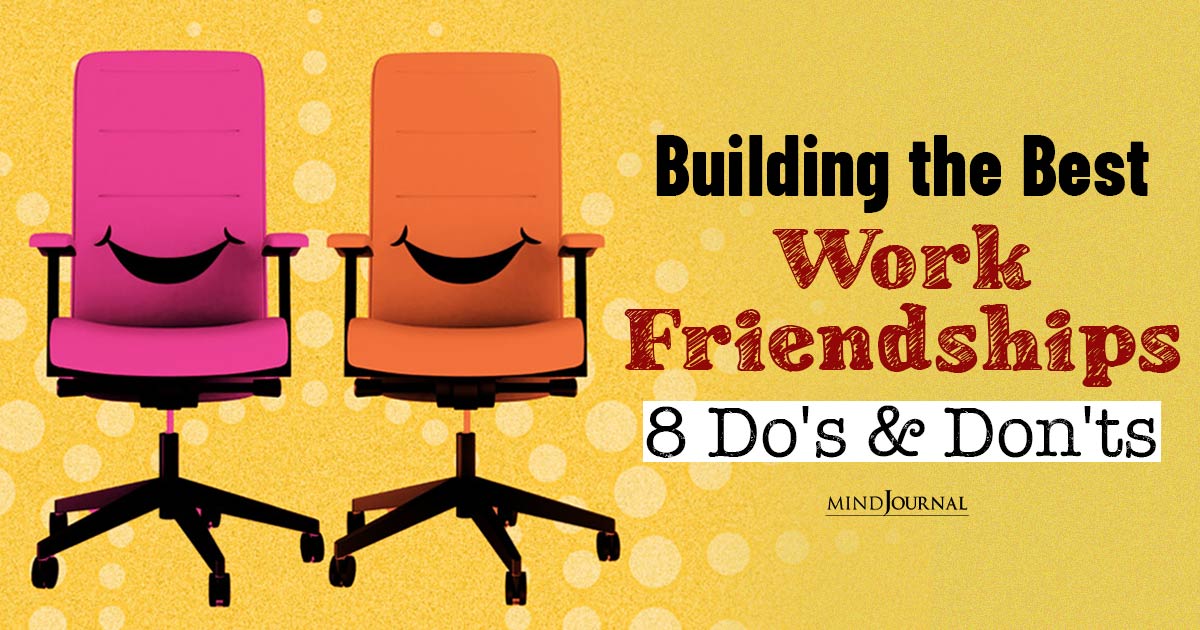Setting boundaries is important to protect yourself from negativity, and any kind of toxicity. But no matter how hard you try, if your boundaries don’t work, you might be in a codependent relationship.
Has setting limits not worked? Despite your efforts, are your boundaries often ignored? It’s frustrating, but it’s not always the other person’s fault. Here’s why and what to do.
There are several reasons why boundaries don’t work. To begin with, assertiveness is a prerequisite to setting effective boundaries, and it isn’t easy.
“Setting boundaries is an advanced form of assertiveness. It involves risk and entails taking a position about who you are, what you’re willing to do or not do, and how you want to be treated and respected in your relationships. It first requires awareness of your values, feelings, and needs, plus some practice in making “I” statements about them.” From How To Speak Your Mind – Become Assertive and Set Limits
Why Assertiveness is Difficult (in A Codependent Relationship)
Learning assertiveness takes self-awareness and practice. The symptoms of codependency are obstacles. Often due to underlying shame and low self-esteem, we find this difficult, because:
- They don’t know what they need or feel.
- Even when they do, they don’t value their needs, feelings, and wants, and put others’ needs and feelings first. They feel anxious and guilty asking for what they want or need.
- They don’t believe that they have rights.
- They fear someone’s anger or judgment (e.g., being called selfish or self-centered).
- They’re ashamed of being vulnerable, showing feelings, or asking for what they want and need.
- They fear losing someone’s love, friendship, or approval.
- They don’t want to be a burden.
Instead of being assertive, codependents communicate dysfunctionally, as they learned from their parents, often being passive, nagging, aggressive, critical, or blaming. If you nag, attack, blame, or criticize someone, he or she will react defensively or tune you out. Assertiveness can be learned with practice.
Related: 10 Great Things That Happen When You Set Boundaries
Why Boundaries Don’t Work in Codependent Relationships
Of course, it will be more difficult to set boundaries with someone highly defensive or abusive, but it is still very doable. If you’ve repeatedly communicated your boundaries assertively and it’s not working, it’s likely because:
- Your tone is not firm or is blaming or critical.
- There’s no consequence for violating your boundary.
- You back down when challenged with reason, anger, threats, name-calling, the silent treatment, or responses such as:
- “Who do you think you are, telling me what to do?”
- “That’s selfish of you.”
- “Stop controlling me.”
- You make threats too frightening or unrealistic to carry out, such as “If you do that again, I’ll leave.”
- You don’t sufficiently appreciate the importance of your needs and values.
- You don’t exercise consequences on a consistent basis – every time your boundary is violated.
- You back down because you sympathize with the other person’s pain, and you place his or her feelings and needs above your own.
- You’re insisting that someone else change. Consequences aren’t meant to punish someone or change his or her behavior but rather require you to change your behavior.
- You don’t have a support system to reinforce your new behavior.
- Your words and actions are contradictory. Actions speak louder. Actions that reward someone for violating your limit prove that you aren’t serious. Here are some examples:
- Telling your neighbor not to come over without calling first, and then allowing her to come into your apartment uninvited.
- Telling your boyfriend “no contact,” and then texting or seeing him nonetheless.
- Telling someone not to call after 9 pm, but answering the phone.
- Giving attention that reinforces negative behavior, such as nagging or complaining about unwanted behavior, but not taking any action. In the preceding example, answering the phone and saying, “I told you not to call,” still reinforces the unwanted behavior, albeit with negative attention, because you took the call.
Related: Healthy Personal Boundaries: Why Setting Boundaries Keeps You Safe
Things You Can Do If You Are In A Codependent Relationship
In “The Power of Personal Boundaries,” I underscore the importance of boundaries in order to ensure respect, safety, and trust. In formulating boundaries, it’s critical that you identify your feelings, needs, and values (e.g. honesty, fidelity, privacy, and mutual respect). Do you honor or over-ride them? Once you know your comfort zone, you can determine your boundaries. Assess your current boundaries in all areas. Codependency for Dummies has self-healing exercises that take you through these steps. Think about:
- What specific behaviors have you participated in or allowed that violate your values or compromise your needs and wants?
- How does it affect you and the relationship?
- Are you willing to put in the risk and effort to maintain your boundaries?
- What rights do you believe you have? What’s your bottom line?
- What have you said or done that hasn’t worked and why?
- What are the consequences that you can live with? Always mean what you say, and never make threats you won’t keep. Remember, all your effort is undone if you don’t maintain your boundaries and consequences.
- How you will handle the other person’s reaction.
- Learn the 6 C’s of assertiveness and how to set effective boundaries in the ebook How to Speak Your Mind – Become Assertive and Set Limits.
- Do the role plays in the webinar, How to Be Assertive.
- If you’re dealing with someone highly defensive or abusive, read Dealing with a Narcissist: 8 Steps to Raise Self-Esteem and Set Boundaries with Difficult People. If you’re experiencing violence, get professional help immediately.
It’s important to take baby steps, get support, and practice, practice, practice. Consider the wise words of Randi Kreger, author of Splitting: Protecting Yourself While Divorcing Someone with Borderline or Narcissistic Personality Disorder:
“To maintain your limits over the long haul, you need to have conviction that the limit is necessary and appropriate. Conviction comes when you know how much it costs not have a limit in place. The longer you wait, the more it costs.”
©Darlene Lancer, 2018
Related: Setting Boundaries That are Clear and Well-Expressed
Written by Darlene Lancer JD, MFT Originally appeared on WhatIsCodependency.com
Setting boundaries in a relationship is vital to protect our well-being from any kind of toxicity we might be subjected to. However, in order to do it successfully, defining boundaries and identifying a codependent relationship is necessary.












Leave a Reply